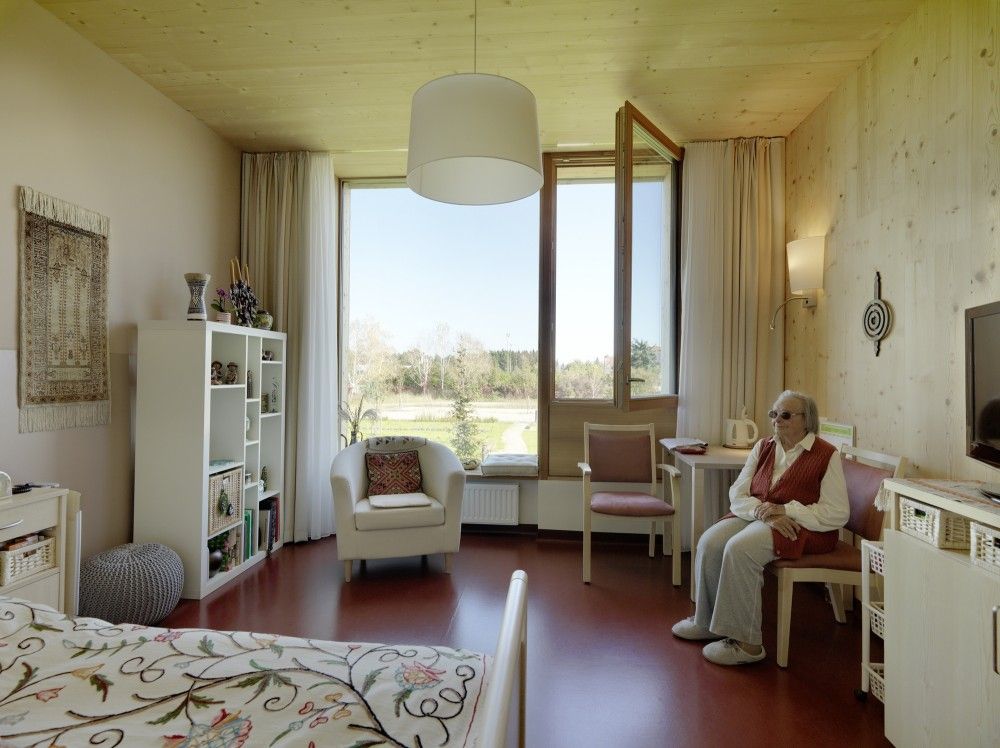As our loved ones age, finding the right care becomes a top priority. Residential care facilities play a crucial role in ensuring that seniors receive the support and attention they need during their golden years. In this article, we’ll explore what residential care facilities are, the importance of choosing, and how to support your loved ones in these settings.
The question of what is a Residential Care Facility often comes up when searching for alternatives for senior living. Here are some of the highlights of it and tips for choosing the right one.
Types of Residential Care Facilities
Residential care facilities, also known as assisted living communities, provide a range of services and accommodations for seniors who require assistance with daily activities but do not need intensive medical care. These facilities come in various types, including:
- Assisted Living Facilities: These offer personal care services, meals, housekeeping, and social activities in a community setting.
- Memory Care Units: Specifically designed for seniors with Alzheimer’s or other forms of dementia, offering specialized care and support.
- Independent Living Communities: Ideal for seniors who are still relatively independent but prefer a more communal living arrangement with added conveniences.
Services and Amenities Offered at These Facilities
Residential care facilities provide a wide array of services and amenities to enhance the quality of life for their residents. These typically include:
- Personal Care Services: Assistance with bathing, dressing, grooming, and medication management.
- Housekeeping and Laundry: Regular cleaning and laundry services to ensure a comfortable living environment.
- Meals and Nutrition: Nutritious meals tailored to residents’ dietary needs, often with options for special diets.
- Social and Recreational Activities: Events, classes, and outings to keep residents engaged and active.
- Transportation: Scheduled transportation for medical appointments, shopping, and other outings.
Regulations and Licensing Requirements for Residential Care Facilities
Residential care facilities are regulated by state and federal agencies to ensure they meet specific standards of care. These regulations typically cover:
- Staffing Requirements: Ensuring a sufficient number of trained caregivers are available to meet residents’ needs.
- Safety Standards: Maintaining a safe environment with emergency protocols, fire safety measures, and accessible living spaces.
- Health and Wellness Programs: Offering programs that promote physical and mental well-being, including regular health assessments.
How to Support Senior Loved Ones in a Residential Care Facility
1. Regular Visits and Communication with Staff
One of the most effective ways to support your loved one in a residential care facility is through regular visits. These visits provide emotional support and help you stay informed about their well-being. Additionally, maintaining open communication with the facility’s staff ensures that you are aware of any changes in your loved one’s condition and can advocate for their needs.
2. Participating in Activities and Events at the Facility
Engagement is key to a fulfilling life in a residential care facility. Encourage your loved one to participate in the activities and events offered. Whether it’s a group exercise class, a craft workshop, or a social event, being involved helps combat loneliness and keeps them mentally and physically active.
3. Advocating for the Best Care for Your Loved One
Advocacy is essential when it comes to ensuring your loved one receives the best care possible. If you notice any issues or have concerns about their care, don’t hesitate to speak up. Building a strong relationship with the care team can help address any challenges and ensure that your loved one’s needs are met.
Tips for Choosing the Right Residential Care Facility
Researching and Touring Multiple Facilities
Choosing the right residential care facility requires thorough research. Start by identifying a list of potential facilities and scheduling tours. During your visits, pay close attention to the cleanliness, staff interactions, and overall atmosphere. Don’t be afraid to ask questions about the services provided, staff qualifications, and emergency protocols.
Considering the Specific Needs and Preferences of Your Loved One
Every senior has unique needs and preferences, and it’s crucial to find a facility that can accommodate them. Consider factors such as medical needs, dietary restrictions, and social preferences. If your loved one has specific hobbies or interests, look for a facility that offers related activities.
Checking Reviews and Recommendations from Other Families
Word of mouth is a powerful tool when choosing a residential care facility. Seek out reviews and recommendations from other families who have had experience with the facilities you’re considering. Online reviews can also provide valuable insights into the quality of care and overall resident satisfaction.
Finding the right residential care facility is vital to ensuring the health, happiness, and well-being of your senior loved one. The right facility not only provides essential care but also creates a supportive environment where they can thrive.
Supporting a loved one in a residential care facility goes beyond choosing the right place; it involves ongoing involvement, communication, and advocacy. Your support can make a significant difference in their quality of life.
Don’t wait to start the process of finding the right care for your loved one. Begin researching, visiting facilities, and involving your loved one in the decision-making process. Their well-being depends on the choices they make today, so take action and prioritize their happiness and comfort.










